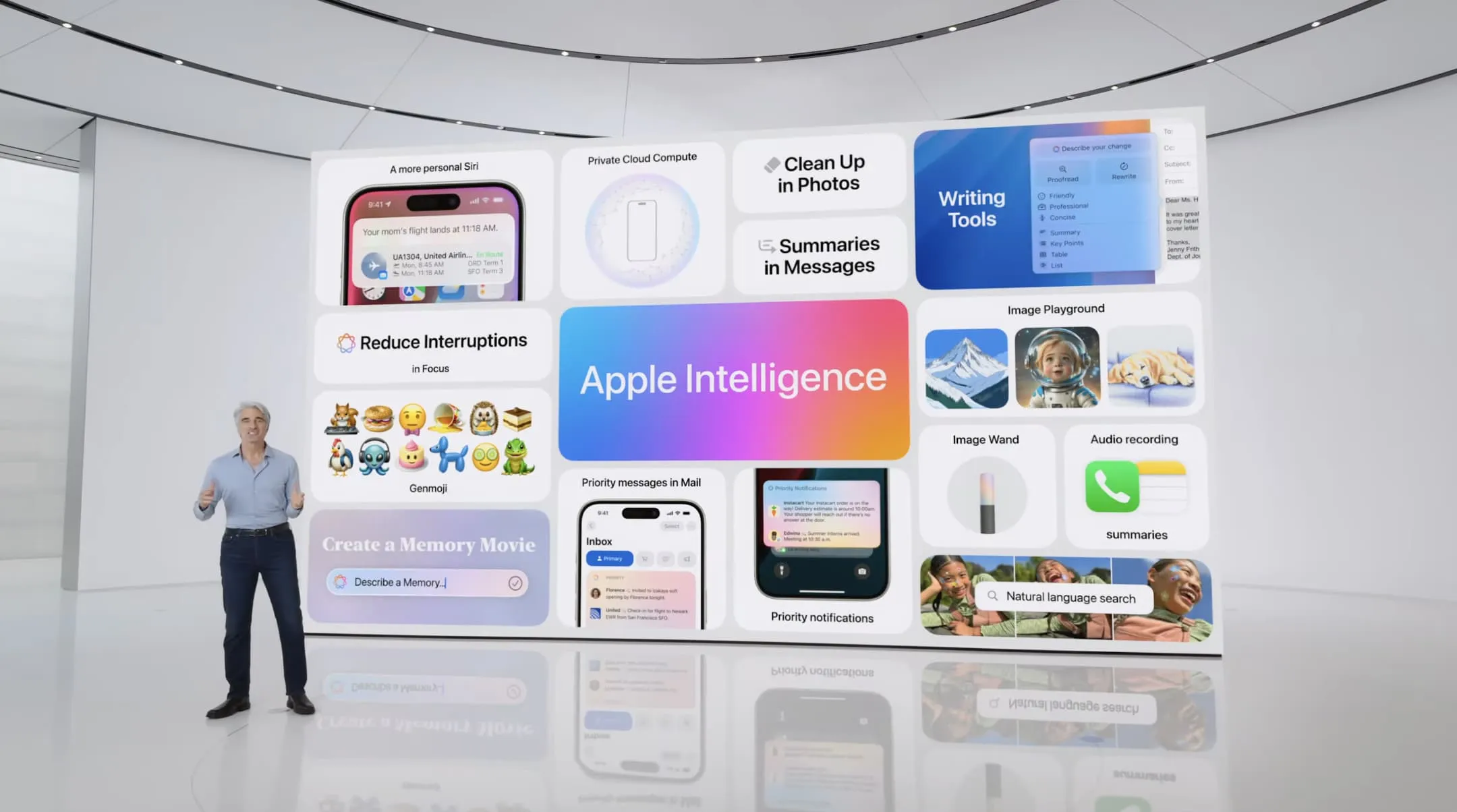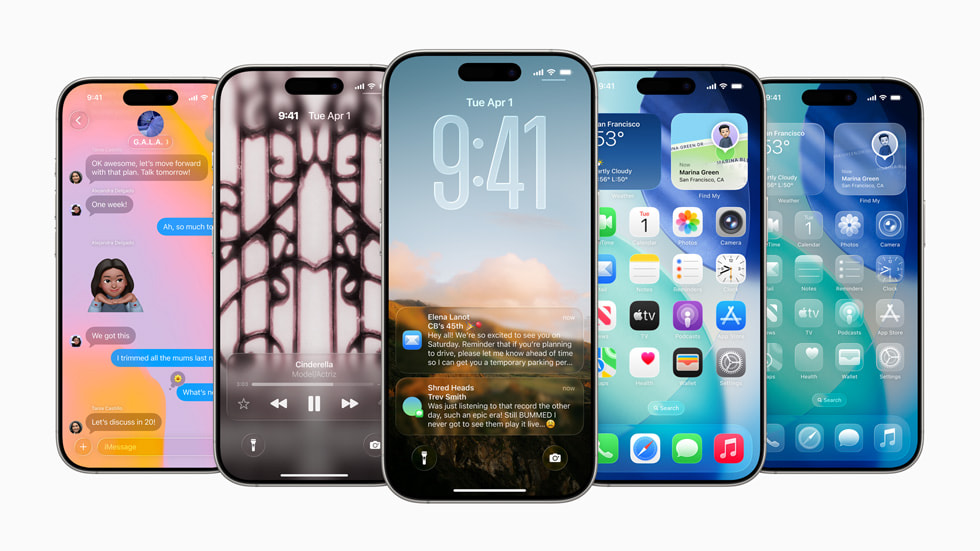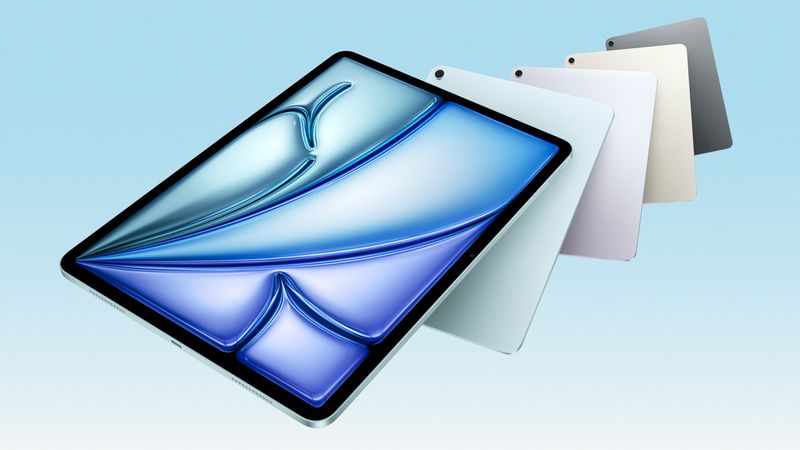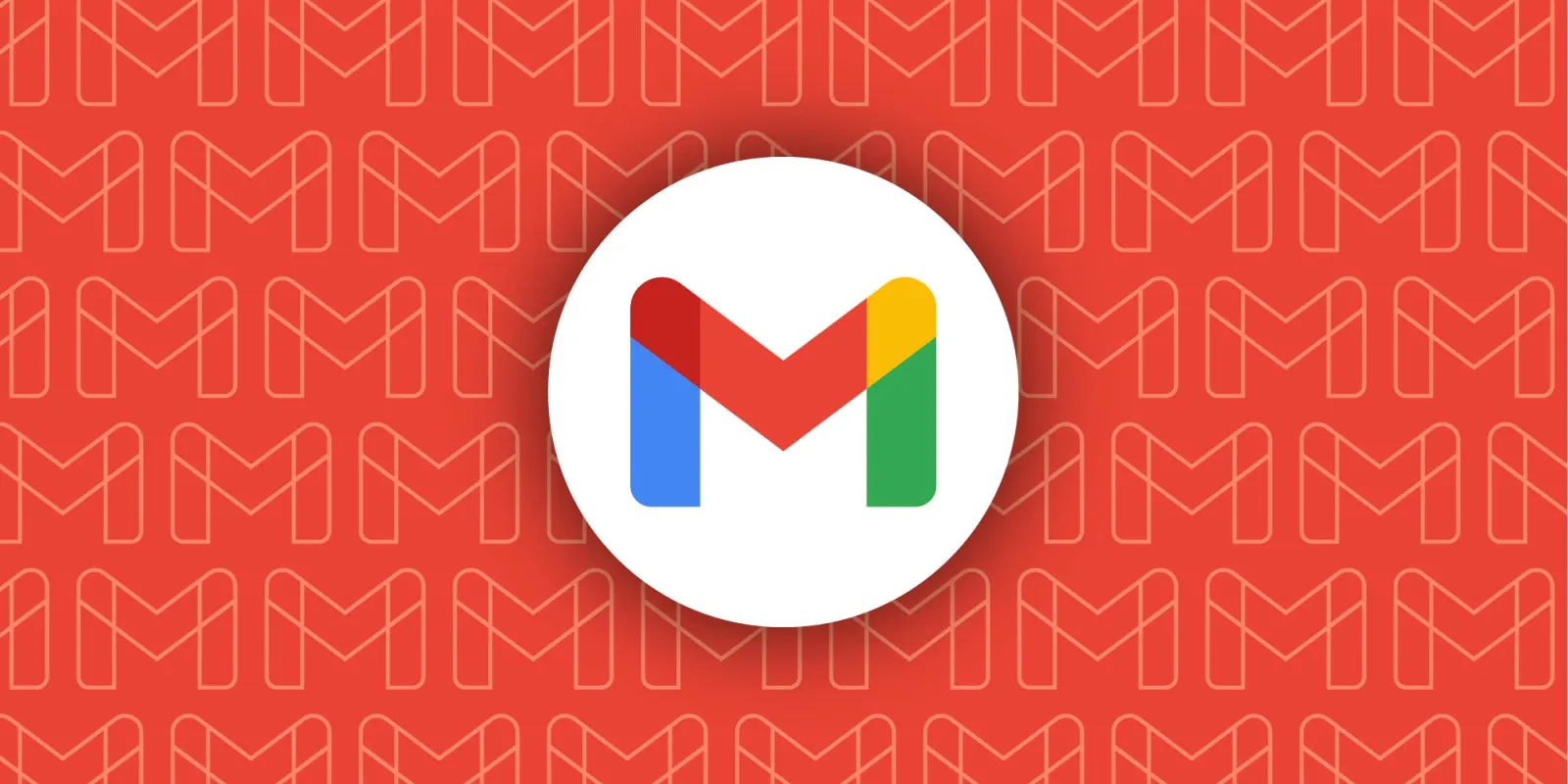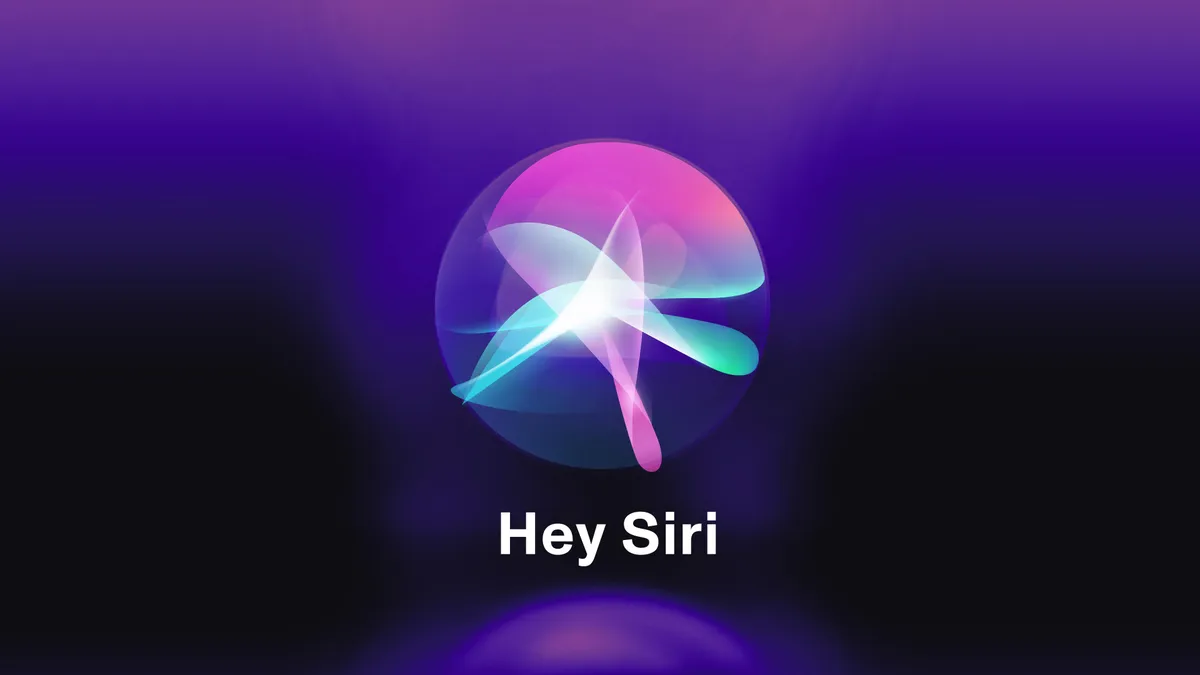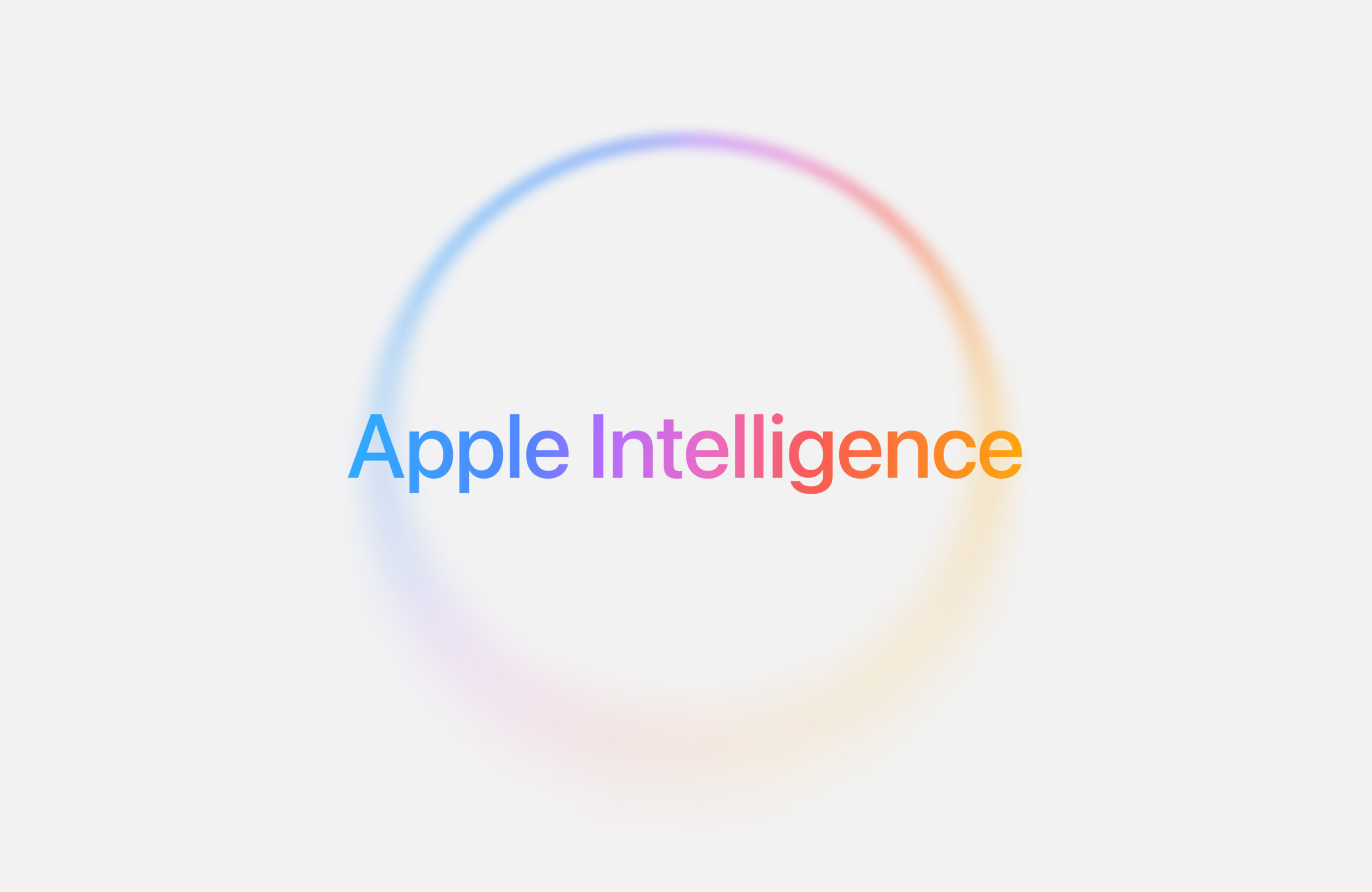Right now, Apple Intelligence lets Siri pass some questions to ChatGPT for smarter, more detailed answers than Siri can give on its own. During WWDC24, Apple’s software leader, Craig Federighi, hinted in a chat that they’re open to teaming up with other AI systems, like Google Gemini. A fresh leak suggests this teamwork might happen soon.
A recent update tied to the iOS 18.4 beta shows “Google” and “OpenAI” listed as outside options for Apple Intelligence. This clue comes from code explorer Aaron Perris, who shared it onX. This doesn’t promise Gemini will pop up in iOS 18.4—especially since Apple Intelligence has faced some slowdowns already—but it strongly hints it’s coming eventually. It could land in a later iOS 18 tweak or roll out with iOS 19. Word is, Apple’s also cooking up its own chatty Siri upgrade for iOS 19.
Google just dropped some shiny new Gemini 2.0 models, including one built for better reasoning. These might soon show up on iPhones, at least if you’ve got an iPhone 15 Pro, iPhone 16 or 16 Pro, or the upcoming iPhone 16e. In short, Apple’s gearing up to mix Google’s brainpower into its tech, giving users more ways to get sharp answers straight from their phones. Stay tuned—big things could be on the way!
